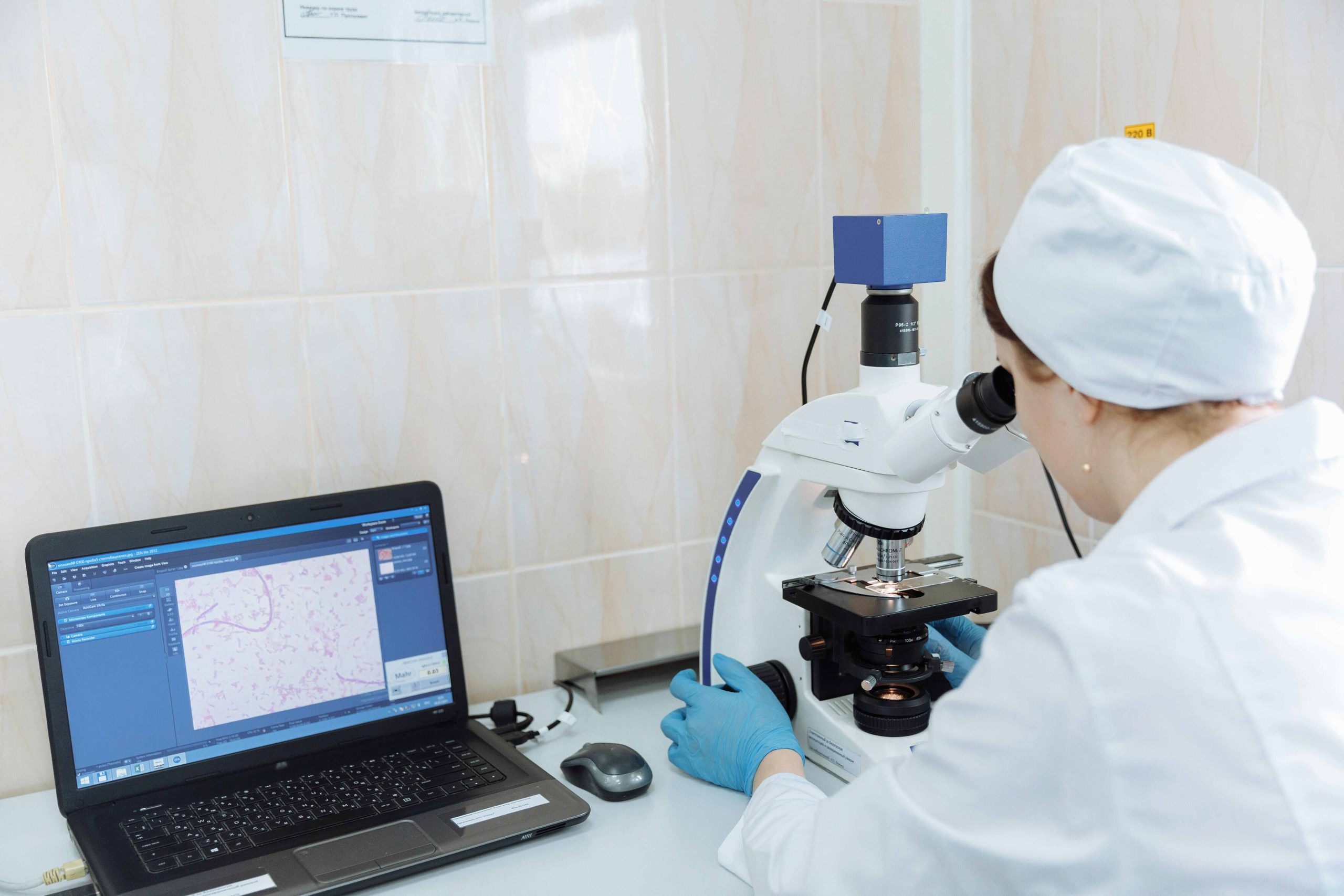Let’s be honest, building a regular healthcare app doesn’t serve any purpose. Users don’t just want to book appointments or view prescriptions. They need an app that can act almost like a digital health assistant in their pocket. In 2025, healthcare app development isn’t just about clean UX or booking appointments. It’s about building intelligent tools that think, learn, and adapt to every patient’s needs.
Patients require an app that can easily learn from their symptoms, predict health issues, and respond instantly. So, this magic is possible! Well, it’s not magic. And no brownie points for guessing what can make this live.
It’s AI integration!
Quality patient care is the ultimate goal for healthcare professionals, and AI enables healthcare apps to be smarter, faster, and more effective in delivering it. Let’s check how AI software development solutions are making patient care smarter-
1. Smarter Diagnostics with AI-Powered Apps
Many of today’s healthcare applications use artificial intelligence algorithms to analyze medical images (such as X-rays, MRI scans, or pathology slides) with a level of precision and speed that is unparalleled. This has often been termed diagnostic intelligence.
With the incorporation of AI into the medical application development process, Radiologists and laboratory technicians can make confident medical decisions using data-driven diagnostics. To achieve this, healthcare organizations can hire AI engineers to build advanced, reliable, and compliant medical applications.
2. Predictive Analytics That Save Lives
It is clinically astounding, but today, healthcare AI applications can predict a medical emergency before it happens. That is what the future of healthcare and app development entails. AI-powered medical applications have the ability to cross-reference and analyze countless amounts of patient data and assess potential risks. It may be any urgent emergency type of concern, such as sepsis, acute heart failure, or simply follow-up hospital readmission.
This type of predictive analytics creates massive opportunities in identifying patterns sooner, allowing healthcare providers the opportunity to intervene sooner. And it’s a big reason why AI is at the heart of modern medical app development.
3. Accelerating Drug Development Through Intelligent Apps
Developing new medicines takes years, but AI is speeding up that process. Today, AI-powered healthcare apps can simulate how different drug compounds might work, predict side effects, and help researchers identify the most promising candidates early in the process.
This reduces trial-and-error, cuts costs, and shortens development timelines. In 2025, a healthcare app development company that supports drug discovery is helping pharmaceutical companies bring treatments to market faster and more safely than ever before.
4. AI-powered features for better treating mental health
Mental health apps are no longer just nice to have, but they are becoming essential. With rising stress levels, users are turning to AI powered apps for getting personalized treatment. These apps not just follow a script but learn from user behaviors, track mood patterns, and recommend activities like mindfulness exercises.
One of the studies of the National Library of Medicine found that an AI algorithm could predict suicide attempts with 92% accuracy within a week, far outperforming traditional clinical methods.
Core Technologies Fueling AI Healthcare Apps
Now that we have witnessed how AI is simplifying healthcare operations, let’s break down the core technologies driving this change.
If you’ve ever wondered how healthcare apps are getting so smart, it’s all thanks to a mix of powerful AI technologies working behind the scenes. Let’s check them-
- One of the biggest drivers is machine learning (ML). It allows apps to learn from huge amounts of patient data to give personalized health suggestions or flag warning signs early.
- Then there’s natural language processing (NLP). This is what makes those AI chatbots and symptom checkers sound like real people. It helps healthcare apps understand and talk like humans.
- Computer vision is another game-changer. It powers apps that analyze medical scans like X-rays or MRIs. AI can catch tiny details that even trained professionals might miss.
- IoT integration allows healthcare apps to connect with smart devices like wearables and monitors, enabling real-time health tracking. This helps doctors detect issues early and offer timely care, even from a distance.
Wrapping Up
From what I have seen, even my not-so-tech-friendly parents are now using health apps that track vitals and send quick alerts. That says a lot. The shift is real. AI is not just making apps smarter, but it’s making healthcare more accessible and proactive. So, if you are thinking of building a medical or healthcare app in 2025 and beyond, skipping AI is not a good idea, and it’s a deal breaker. Because today’s healthcare demands empathy, speed, and precision. And AI brings all these to the table.
